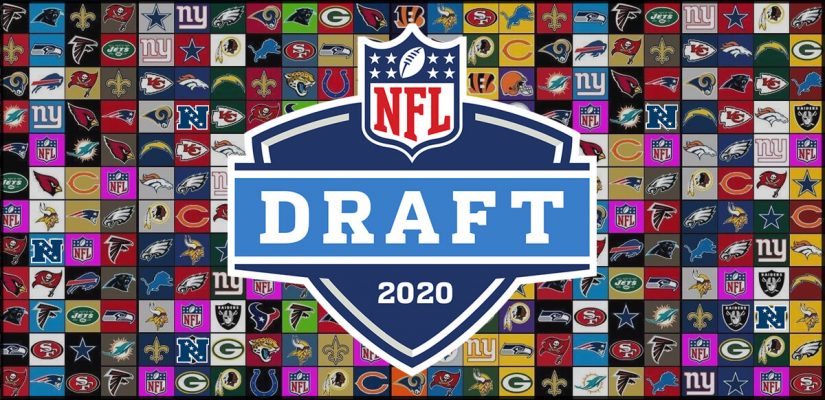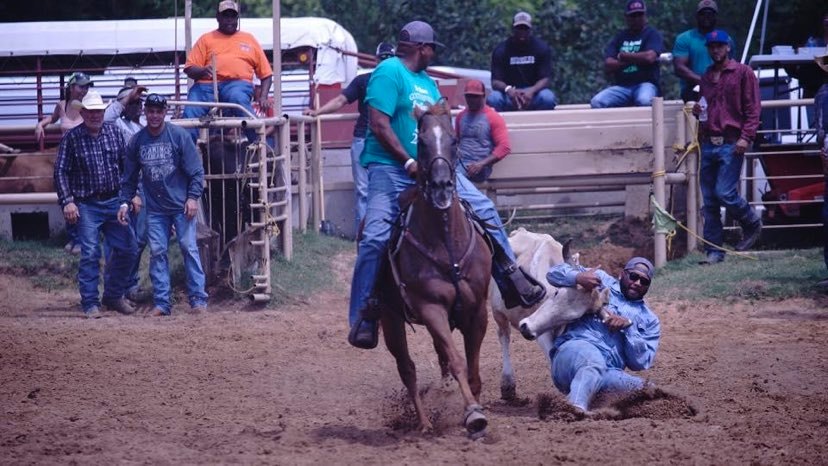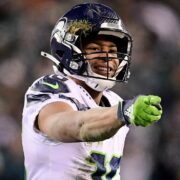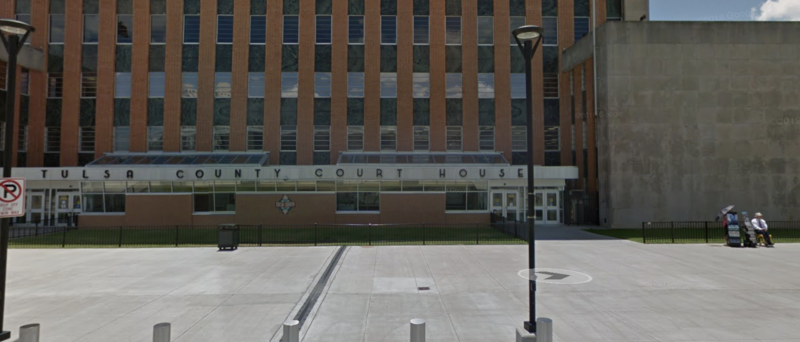

NFL agent Nicole Lynn woke up the morning after the first round of the NFL draft last Thursday night with a thought: There seemed to be a lot of players represented by black agents. She started making a list, and then she texted fellow agents David Mulugheta and Tory Dandy: I think this might be a record.
It is.
For the first time in NFL history, more than half of the players selected in the first round of the draft were represented by black agents.
In a traditional draft year, when cameras pan across a green room filled with players, their families and their agents, a television audience might have noticed. But there was no green room this year, with the novel coronavirus pandemic shuttering plans to hold the draft in Las Vegas, keeping all involved at their homes.
“Everybody would’ve seen it,” said Jovan Barnes of Independent Sports & Entertainment, “because it would’ve been nothing but us in there.”
Seventeen of the 32 selections Thursday night counted African Americans among their representatives. (Some players are represented by more than one agent.) The scattered, remote locations did nothing to diminish the significance of the milestone for a group of elite, mostly under-40 black agents who say they have dealt with what they describe as implicit bias when making their pitches to families of all colors.
“I don’t think families entertained having an African American agent for a long time,” said Mulugheta, who led the list with four first-rounders. “People look at a young black kid and think, ‘What can he really do for me?’ I still get that to this day, to be honest with you, and I’ve been in the business for a while. I think you have a lot of players now who feel they don’t have to go with the status quo.”
Lynn faces similar skepticism but on two fronts: In 2019, she became the first black woman to represent a top-five pick when the New York Jets drafted Alabama defensive lineman Quinnen Williams No. 3.
“There’s always a struggle getting people comfortable with you doing the job,” Lynn said, “and understanding that just because you don’t look like Jerry Maguire doesn’t mean you can’t do that job.”
| AGENT | FIRST-ROUND DRAFTEES |
|---|---|
| David Mulugheta | Isaiah Simmons, Jordan Love, A.J. Terrell, K’Lavon Chaisson |
| Damarius Bilbo | Chase Young, Jeff Okudah, Mekhi Becton |
| Tory Dandy | CeeDee Lamb, Cesar Ruiz |
| Nicole Lynn | Jedrick Wills Jr. |
| Rocky Arceneaux | Clyde Edwards-Helaire |
| Brian Overstreet | Jeff Gladney |
| Stan Wiltz | Patrick Queen |
| Tracy Lartigue | Damon Arnette |
| Jovan Barnes | Henry Ruggs III |
| Charles Fisher | CJ Henderson |
| John Thornton | Andrew Thomas |
All of the agents contacted for this story pointed to the late Eugene Parker as the “godfather” of black agents who inspired many to pursue careers in the field. Parker, who died in 2016 at 60, represented Hines Ward, Emmitt Smith and Walter Jones, among others, and is often described as the first black “super agent.”
“Eugene set the tone for all black agents,” Lynn said.
“It’s about representation,” Mulugheta said. “… Seeing him told a lot of people that you don’t need to be an athlete to stay involved in sports. Growing up, I never saw a black agent, so that wasn’t something I saw as possible, but once I was leaving college, that’s when I found out about Eugene Parker.”
Barnes, whose father, Roosevelt, is a longtime NFL agent and former partner of Parker’s, said he drew inspiration from their practical, no-frills approach to the business.
“I just watched what they did,” Barnes said. “They did everything with integrity. They taught these young men how to navigate the whirlwind they’re going through.”
Parker’s legacy is also a reminder of the next frontier for black agents: representing white quarterbacks and white players in general.
“Name the last time a first-, second- or third-round white player was represented by a black agent,” Mulugheta said. “You can’t. I think the last time you had a white, first-round quarterback repped by a black agent was 2003: Rex Grossman, who had Eugene Parker.”
Said Lynn: “From my research, out of all the top black agents — David [Mulugheta], Tory [Dandy], myself, Chafie [Fields], [Damarius] Bilbo — not any of us have a single white player. I’m not talking about having a few white players. I’m saying not one. And between all of us, we’re talking about more than 150 players.
“And it’s not for lack of effort. I can’t get a white player, and I’ve tried. Literally my goal this year is to sign a white player. I want them to be able to believe in me because if we really want to change the way athletes view sports, we have to make everyone comfortable with us, not just people that look like us. The real test is to have people that don’t look like you buy in.”
Bilbo compared the struggle to land white clients to the struggle of black coaching candidates being interviewed by white general managers and owners.
“Being able to go in a household of a white quarterback or offensive lineman and have them look at us for our abilities is the goal,” Bilbo said. “That would be a great day and an opportunity to break the mold, but I don’t look at it as a black or white thing. We look at it as: ‘Can we do the work? Can we perform?’ I know we can.”
Ultimately, the most successful black agents said they would like to be judged on merit.
“Yes, I can relate to your son on multiple levels, but I don’t go in saying, ‘Pick me because I’m black,’ ” Dandy said. “Choose me because I’m the best to do the job. I’m well educated, well prepared, and I’ve been doing this long enough, so choose me because of my track record and body of work.”










